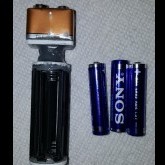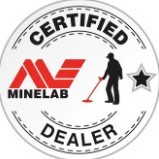Why All The Love For 9v Batteries?
-
Similar Content
-
- 15 replies
- 3,300 views
-
- 5 replies
- 643 views
-
- 8 replies
- 2,627 views
-
- 12 replies
- 1,986 views
-
- 11 replies
- 3,657 views
-
- 3 replies
- 1,570 views
-
-



.thumb.jpg.d71314a45f3dc82bf75ac1b96e7e9201.jpg)





Recommended Posts
Create an account or sign in to comment
You need to be a member in order to leave a comment
Create an account
Sign up for a new account in our community. It's easy!
Register a new accountSign in
Already have an account? Sign in here.
Sign In Now